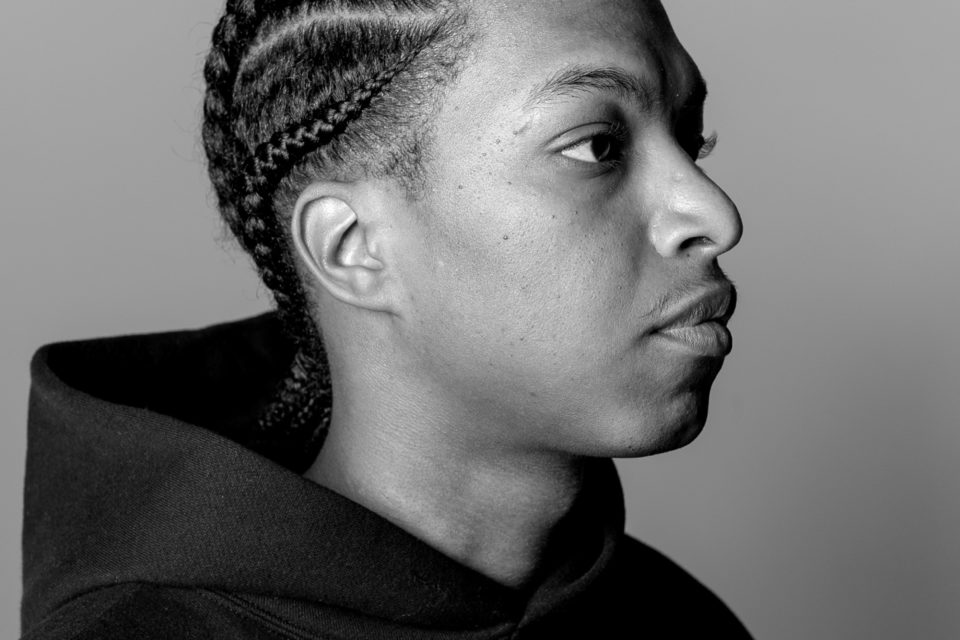Plenty of rappers who’ve been in the game for a while understand that establishing their place in an ever-expanding lineage requires not only referencing and paying homage to the sounds and figures that preceded them, but engaging with new ones rising up. The impulse to evolve might propel an artist through multiple, distinct aesthetic eras. But there’s a different sense of motion to the work of Mike Floss, a writerly emcee and producer who came up watching his virtuosic jazz trumpeter dad Rod McGaha carve out a career here, got serious about making hip-hop a dozen years ago while he was a student at Tennessee State University and has been helping elevate Nashville’s scene ever since.
On his latest project, an EP titled Oasis, Floss moves between styles from track to track, from the eruptive dynamics of soul backing and gospel-influenced vocalizing to melancholy trap-style toughness, a behind-the-beat dirty soul drawl and more. He’s got the technical skill to make those leaps, but proving what he can do isn’t the point. Floss reaches for sonic approaches and delivery styles that lend emotional authority to his vignettes of being pushed to the brink by witnessing Black lives devalued and of finding his own ways to stand up and protest, to bear up beneath the burden, to remain vigilant and keep his ambitions in sight. For him, getting stylistically diffuse is part of getting more direct.
“A lot of Oasis was born out of pain,” Floss explained, lounging on a sectional in his studio, which is tucked away deep inside Nashville’s Graduate Hotel. “2020, it was really, really challenging, specifically as a Black person in the uprisings of that summer. And I was looking for whatever made me feel at peace. Sometimes that was like, ‘I need to exert physical energy somewhere,’ which gives that braggadocios, higher energy. But other tracks on there were more so really just looking for peace and looking to have something I can listen to on repeat in the car when I’m not feeling well, when I’m not feeling healthy. I think I just tried to insulate myself and my feelings a little bit and also explore them.”
He went on, “The thesis behind Oasis is building your ideal environment. I find something that I can really hold on to, and I build around that structure, and it’s from that structure that I’m able to find my source of power.”
His vantage point does stay fully centered through shifts in tone as striking as the one he makes between the opening track “Never Ran,” which unfurls the pain and paranoia of an internal dialogue with crescendoing urgency, working up to a gospely plea, and the second song “Wipe Me Down,” where his needling triplets gain tenacity as he describes the Nashville he knew before this wave of gentrification.
It may not be obvious from the production credits, which name only Floss and other Nashville beat-making talent, the Wonder Twins included, but the six tracks were written and recorded during Floss’s brief time living in Atlanta, where he sharpened his perspective and professionalism. “It was about putting myself in a position to stretch and to grow and to experienced life around a different environment,” he said. “I take that with me back here and I’m able to share that with the community, and it’s really, really valuable.”
Something else valuable he’s about to share this week? The first proper Mike Floss show since 2019, at Exit/In on Friday night.
We’ll spotlight other sides of Floss’s work in the community, particularly Black Nashville Assembly, in a future Community Beats feature.

